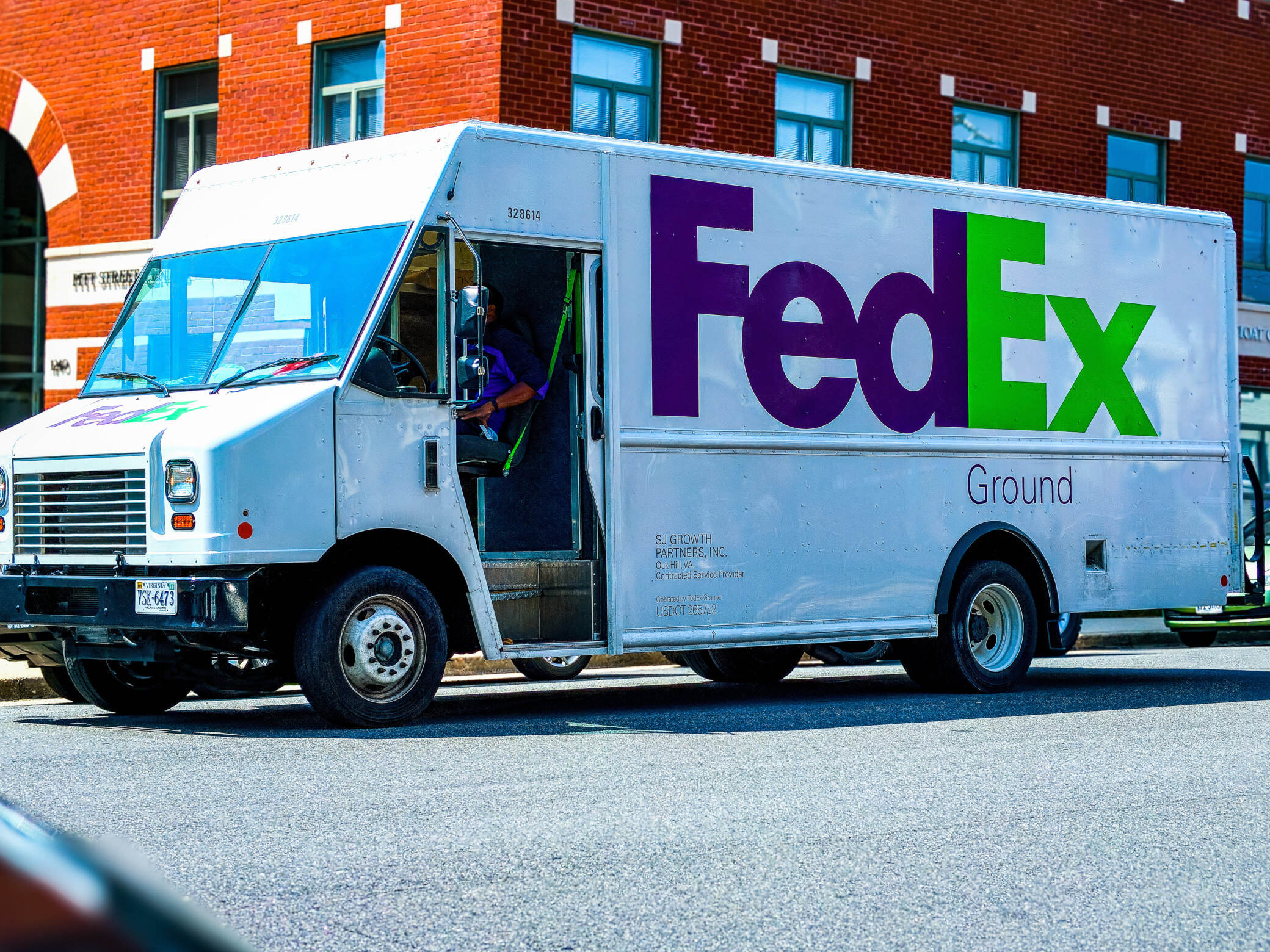Comparing FedEx Routes and Amazon DSP Routes
September 17, 2021 10:56 amIf you are looking to break into the contract courier business, you may be wondering which is better: FedEx or Amazon DSP?
That answer really depends on you. Both Amazon and FedEx deliveries are projected to continue to grow. This means that, even though Amazon appears to be growing exponentially, they do not have a monopoly on the home delivery market. A number of other retailers use FedEx as one of their delivery options, and it is even the primary delivery option for many services. In addition, e-commerce is expected to continue to grow at a significant rate. This means that demand for Amazon and FedEx contract drivers should continue to grow, as well.
Can you own FedEx Ground Contractor Route and be an Amazon DSP?
Yes. Neither contract requires an exclusive relationship. However, there may be rules regarding whether you can deliver items in the same vehicles, how vehicles need to be marked for deliveries, etc.
Which one is less expensive?
Amazon DSP has a lower cost-of-entry. Amazon subsidizes the costs of vehicles and equipment. Plus, Amazon DSP owners do not have to purchase a route. FedEx Ground contractors have to purchase the rights to territory, purchase vehicles and equipment, and pay legal fees and closing fees. That makes the entry costs for FedEx Ground contractors substantially higher than for Amazon DSP.
Do you own a route with both?
No. If you purchase a FedEx Ground route, you own exclusive right to deliver in that territory. This is true whether you have purchased a line haul route or assigned zip codes as a FedEx Ground route operator.
Amazon DSP owners do not have a specific territory and have no contractual rights to a specific territory. Instead, their territory can change weekly, depending on Amazon’s demands for that week.
Are both agreements transferrable?
No. FedEx agreements are transferable, but Amazon DSP agreements are not.
Are both equally lucrative?
That is a difficult question to answer. Being an Amazon DSP can provide more income in a shorter time period. However, it does not build equity or operating income. Contracting with FedEx Ground may not result in significant income as quickly, but does build equity.
The biggest difference may be that with FedEx, the number of deliveries are easier to predict. Because the contractors own an entire territory, they can look at past delivery trends to predict future delivery trends and purchase equipment and hire drivers based on those numbers. This consistency helps ensure that they are adequately staffed, but not overstaffed, which results in more consistent and greater profits over time.
Is Amazon a threat to FedEx?
At this time there is no reason to believe that Amazon DSP or FedEx route drivers are actually in competition. While both services provide delivery for e-commerce retail purchases, they are service different sectors. Amazon is moving towards a platform of delivering all of its own packages, which it has accomplished in some areas. In other areas, Amazon is still using outside logistics or delivery companies to complete some of its deliveries, but its long-range goal is to be independent. However, while Amazon intends to handle all of its own deliveries, it does not have any plans to transition into a courier or logistics service for other companies.
Currently, FedEx Ground does not provide delivery services for Amazon. The companies split ways in 2019. Therefore, FedEx contractors are not relying on Amazon deliveries. The Amazon transition to entirely self-contained deliveries will not have a negative impact on the amount of business FedEx couriers have. Instead, FedEx can expect continued growth from other retailers who choose FedEx as their shipping company. While FedEx has never been dependent on Amazon for its ground delivery business, the fact their relationship has already terminated, and that Fed Ex has seen continued growth after that termination, demonstrates that FedEx will not be negatively impacted by the transition.
Categorized in: Amazon DSP, Blog

